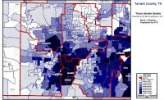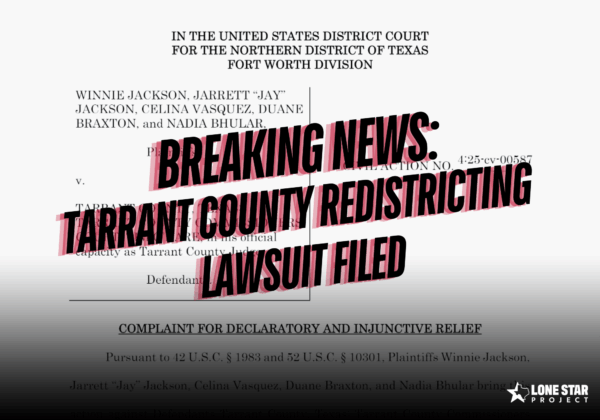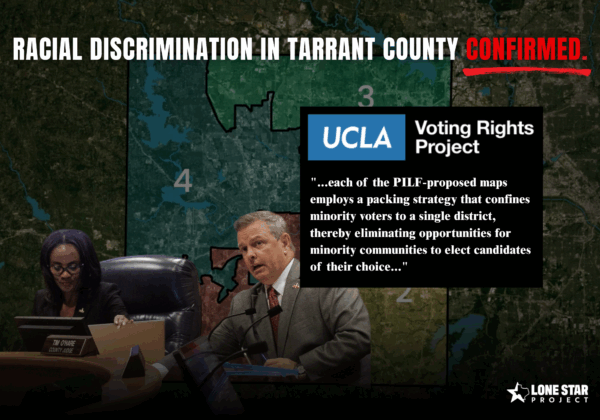
Early voting began in Texas today, and Senate District 10 Republican challenger Mark Shelton has spent the last several weeks attacking incumbent Senator Wendy Davis, accusing her of a conflict of interest between her work as a private attorney and her service in the State Senate. However, the Shelton attacks have been judged untrue by respected media outlets. As a result, rather than hurt Davis, the Shelton attacks have reinforced Davis’ image as an earnest and effective fighter for middle-class families with any voter, except perhaps those already determined to vote against her.

Meanwhile, Mark Shelton has failed to distinguish himself as anything other than a rubber stamp for Rick Perry and the harshly partisan statewide Republican leadership. By launching a poorly executed and false attack on Wendy Davis, Mark Shelton has likely made Davis stronger by both rallying her base and confirming to independent voters that he is beholden to partisan Austin political leaders and to lobbyists.
Shelton’s bungled negative ad strategy
Negative ads, of course, are to be expected in any competitive campaign. However, Shelton’s attacks were successfully rebutted by Davis even before they were formally launched.
Shelton’s campaign consultant, Brian Eppstein, bungled the production of Shelton’s ads by failing to keep the scripts confidential. Apparently, a citizen appalled by the negative ads sent copies of the scripts to the Davis Campaign who promptly provided media outlets with details proving them false.
Incredibly, instead of abandoning the false attack strategy, Shelton’s campaign produced and aired the ads anyway. In the days since, two major news outlets in DFW – WFAA Channel 8 and the Fort Worth Star-Telegram – fact checked Shelton’s attacks and judged them to be untrue, confirming the Davis campaign’s contention that Shelton was running a negative campaign based on false attacks.
Shelton has ignored middle-class voters
From the outset, Shelton has run his campaign as though Senate District 10 is a safe, affluent Republican district. That is simply not the case. SD10 is a middle class majority minority district, with Anglos making up about 47 percent of the population. It is very competitive politically, and Wendy Davis won it in 2008 by building a coalition of Democrats, Independents and fair-minded Republicans. Issues like strong public education, job growth through investment in healthcare and honesty in budgeting resonate in the district.
Texas Republican leaders understood the competitive nature of SD10 and knew that minority voters wielded considerable power within it, so they attempted to make the district safe for a Republican candidate by removing key Black and Hispanic neighborhoods during redistricting. Davis and local minority leaders fought back, however, and won the legal battle to preserve SD10 as a majority minority district.
Rather than adjust to the competitive nature of the district, Shelton and his campaign advisors have persisted as though the district was safely Republican. As a result, Shelton’s campaign has not only failed to resonate, it has inadvertently highlighted Wendy Davis’ strengths, especially with middle class voters.




